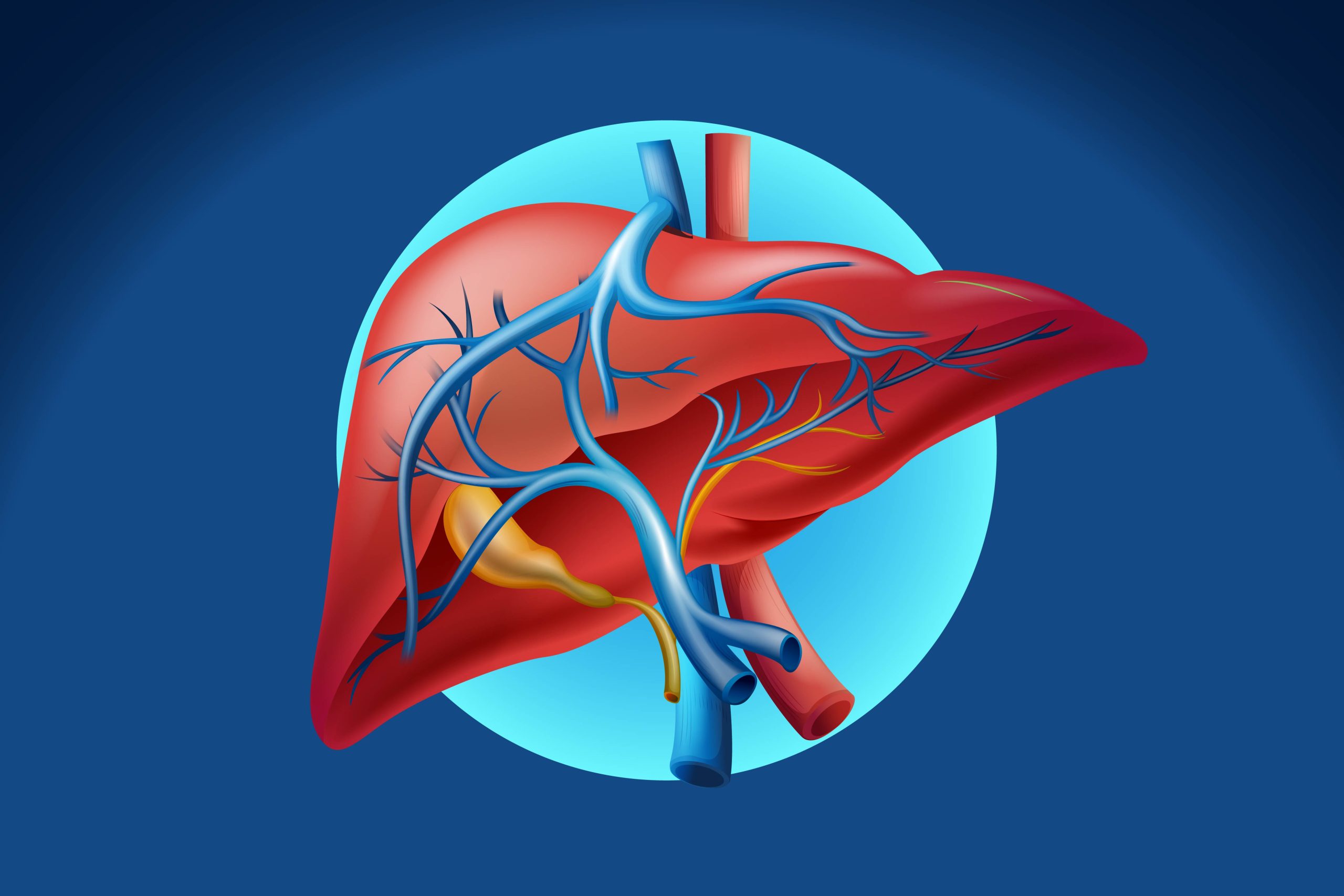Hepatitis

Overview
Hepatitis refers to inflammation of the liver, which can be caused by a variety of factors including viral infections, alcohol consumption, autoimmune diseases, and certain medications or toxins. There are several types of viral hepatitis, including hepatitis A, B, C, D, and E, which are caused by different viruses and have different modes of transmission.
Hepatitis A and E are typically spread through contaminated food or water, while hepatitis B, C, and D are spread through contact with infected bodily fluids, such as blood, semen, or vaginal fluids. Hepatitis can also occur as a result of chronic alcohol consumption, which can cause liver damage over time.
Symptoms
The symptoms of hepatitis can vary depending on the type and severity of the infection, but common symptoms may include:
- Fatigue and weakness
- Loss of appetite
- Nausea and vomiting
- Abdominal pain or discomfort
- Jaundice (yellowing of the skin and eyes)
- Dark urine
- Pale-colored stools
- Joint pain
- Itchy skin
- Fever
Some people with hepatitis may not experience any symptoms or may have only mild symptoms, while others may develop more severe symptoms or complications. It is important to seek medical attention if you experience any symptoms of hepatitis or if you believe you may have been exposed to the virus.
Treatments
The treatment for hepatitis depends on the underlying cause and type of the infection.
For viral hepatitis, such as hepatitis A, B, and C, treatment may include antiviral medications that can help to slow or stop the replication of the virus in the body.
For autoimmune hepatitis, treatment may involve medications that suppress the immune system, such as corticosteroids or other immunosuppressive drugs.
For alcoholic hepatitis, treatment may involve stopping alcohol consumption and providing supportive care to manage symptoms.
In some cases, hepatitis may resolve on its own without specific treatment, but it is important to seek medical attention to monitor the condition and prevent complications.
In addition to medical treatment, it is also important to maintain a healthy lifestyle, such as eating a balanced diet, avoiding alcohol and other liver-damaging substances, and getting regular exercise.
Prevention measures for hepatitis include practicing good hygiene, getting vaccinated for hepatitis A and B, avoiding sharing needles or other equipment for injecting drugs, and practicing safe sex. It is important to consult with a healthcare provider to determine the best course of treatment for hepatitis.
Hepatitis is an inflammation of the liver that can be caused by viral infections, alcohol consumption, autoimmune diseases, or certain medications or toxins.
- fatigue
- nausea
- abdominal pain
- loss of appetite
- yellowing of skin and eyes (jaundice)
- dark urine
- pale stool





